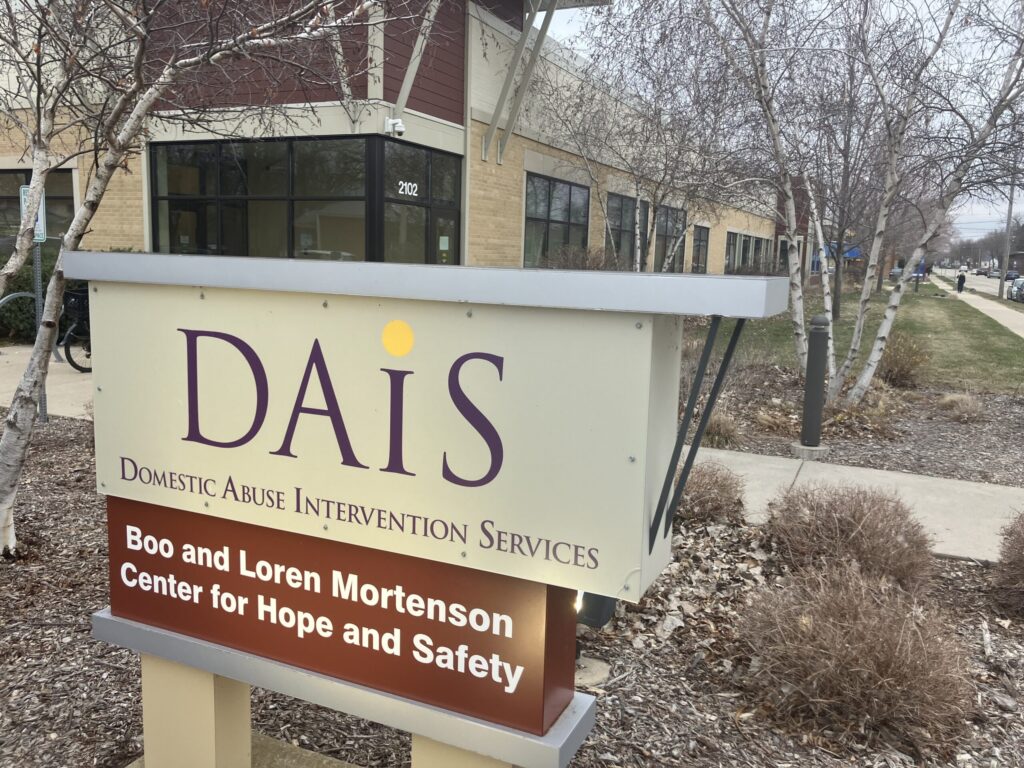As federal funding for victim service providers in Wisconsin declines, Attorney General Josh Kaul is turning to state resources to bridge the gap. The federal Victim of Crimes Act (VOCA) fund, established in 1984, has historically been a lifeline for agencies aiding crime victims, drawing from fines and fees paid by those convicted of federal offenses. However, the recent dip in federal contributions has spurred Kaul to seek additional state support.
VOCA funds in Wisconsin support a wide array of services, from victim advocates and domestic violence shelters to counseling and crisis intervention programs. Yet, since peaking in 2018, the VOCA allocations have sharply decreased, forcing agencies to scale back. Kaul, a Democrat, expressed concern over these cutbacks, citing reduced staffing and operational hours, and the elimination of some programs.
At a recent news conference at Domestic Abuse Intervention Services in Madison, Kaul highlighted the urgency of the situation. “In some cases, there are fewer staff members available,” he remarked. “Some places have reduced hours. There have been programs that have been eliminated.”
This year, Wisconsin is slated to receive approximately $13 million from the VOCA fund, marking a reduction of over 70% from five years ago. This shortfall is alarming advocates, including Shannon Barry, Executive Director of DAIS, who warned of the “ripple effects” impacting the safety net for survivors. Barry noted, “Those victims don’t disappear. They just need to find a different place to find help, and it puts more strain on the rest of us, many of whom are already stretched to capacity.”
Organizations like the RCC Sexual Violence Crisis Center in Madison, led by Executive Director Dana Pellebon, find VOCA funds indispensable. The center provides therapy, support groups, and a 24-hour helpline, along with advocacy services for survivors navigating medical and legal challenges. Pellebon emphasized the critical nature of their work: “If we are not there, that means at 3 a.m., someone has to come into the hospital by themselves and talk through the worst time of their life without anyone to explain to them what the process is.”
Between 2020 and 2022, Wisconsin received an average of $44 million annually from VOCA, but that funding has since diminished. To compensate, Wisconsin has utilized other financial sources, including federal pandemic relief funds from the American Rescue Plan Act (ARPA). In fiscal year 2023, ARPA contributed $6.6 million alongside $37.2 million from VOCA. The previous year, ARPA and one-time state funds combined to supplement the VOCA allocation of $30.7 million.
With pandemic relief funds nearly exhausted, Kaul is proposing that state lawmakers allocate $32 million in the next fiscal year for victim services, totaling nearly $68 million for the upcoming two-year budget cycle. This funding would sustain 17 staff positions at the Department of Justice’s Office of Victim Services previously funded by VOCA, as outlined in the DOJ’s budget proposal.
Following agency budget requests, Democratic Governor Tony Evers unveiled a $119 billion budget plan in February. The Republican-controlled Wisconsin Legislature has initiated budget hearings, aiming to finalize a spending plan before the new fiscal year on July 1.
Governor Calls for Imposing Another Surcharge on People Sentenced for Crimes
Governor Evers, in his budget proposal, recommended over $70 million in grants for victim services across two fiscal years to offset dwindling VOCA funds. He also suggested a “victim services surcharge” as a funding mechanism. Under Wisconsin law, courts already impose various surcharges on those convicted of crimes.
The proposed surcharge would be 40% of any fine or forfeiture or $40, whichever is more, plus $50 for each misdemeanor or felony conviction, as detailed in the governor’s budget bill.
While Kaul’s budget advocates funding victim services through general revenue rather than additional court charges, he expressed willingness to explore the surcharge option. “I’m more than happy to work with legislators to figure out what mechanism they’re interested in supporting to make sure that we fund victim services and that we keep critical positions at the Department of Justice,” Kaul stated. “As to what mechanism that is, that’s not my focus.”
Wisconsin Public Radio, © Copyright 2025, Board of Regents of the University of Wisconsin System and Wisconsin Educational Communications Board.





